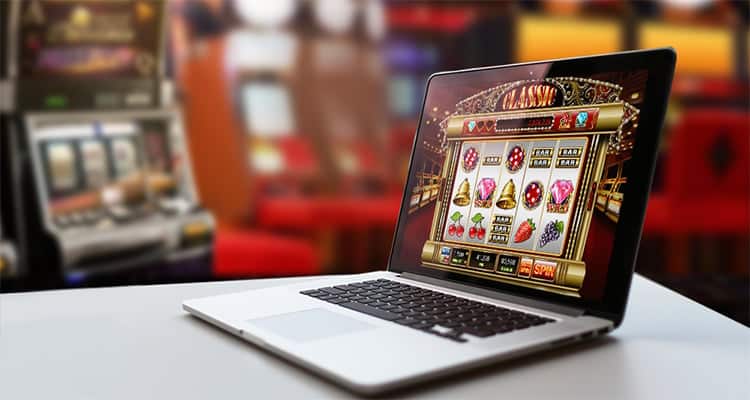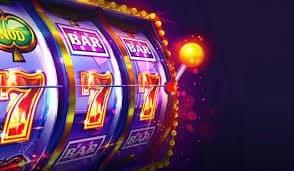
Gaming with Tokenized Assets
The gaming industry is undergoing a paradigm shift, driven by the integration of blockchain technology and tokenized assets. The concept of tokenization has permeated various industries, but its impact on gaming stands out distinctly. This article delves into the essence of gaming with tokenized assets, examining how this innovation is redefining gameplay, ownership, and the overall economy of gaming. For more information on safe gaming practices, you can visit Gaming with Tokenized Assets betandreas site.
The Basics of Tokenization in Gaming
Tokenization refers to the process of converting ownership rights of physical or digital assets into digital tokens on a blockchain. In the gaming context, this means that in-game items, characters, and even land can be represented as tokens. These tokens are secured by blockchain technology, ensuring transparency, security, and ownership verification. This foundational change allows for the introduction of novel gaming economies and business models.
The Ownership Revolution
One of the most significant advantages of tokenization in gaming is the ownership it affords players. In traditional gaming, players often purchase items or characters, but these assets are typically controlled by the game developers. When a game is discontinued or shut down, players can lose access to their digital items. With tokenized assets, players truly own their items. They can trade, sell, or retain them independently of the game’s fate.
This shift towards decentralized ownership empowers players and fosters a more engaged gaming community. Players can truly benefit from their in-game accomplishments, creating a new layer of motivation and investment in the game.

The Emergence of Play-to-Earn Models
Tokenized assets have given rise to new gaming models, notably the play-to-earn (P2E) model. In P2E games, players can earn real-world income through gameplay. By participating in the game’s ecosystem, players can acquire tokenized assets that can be exchanged for cryptocurrency or fiat money. This model not only incentivizes gameplay but also allows players to monetize their time and skills.
For example, games like Axie Infinity have pioneered the P2E concept, allowing players to earn while playing. This model democratizes income generation in gaming, letting anyone with a stable internet connection participate and potentially benefit financially.
The Role of NFTs in Gaming
Non-Fungible Tokens (NFTs) play a crucial role in the tokenization of gaming assets. Unlike cryptocurrencies like Bitcoin or Ethereum, which are fungible and can be exchanged on a one-to-one basis, NFTs are unique and cannot be interchanged. This uniqueness makes NFTs ideal for representing in-game items, skins, and collectibles.
Players can buy, sell, and trade NFTs in decentralized marketplaces, creating vibrant economies around these digital assets. From rare skins in first-person shooters to collectible cards in strategy games, NFTs enable players to not only enjoy their gaming experiences but also engage in economic activities that were previously only available in physical markets.
The Challenges Ahead

Despite the numerous advantages of gaming with tokenized assets, challenges loom ahead. Regulatory concerns regarding the use of cryptocurrencies and NFTs remain a significant hurdle. Different jurisdictions have varying rules regarding gaming and finance, which can create a complex environment for developers and players.
Additionally, the sustainability of the blockchain networks used in gaming is being scrutinized. Concerns over energy consumption and environmental impact are prompting developers to seek more eco-friendly blockchain solutions. Ensuring that these new gaming models are balanced, fair, and environmentally conscious will be integral to the future of gaming with tokenized assets.
The Future of Gaming with Tokenized Assets
Looking ahead, the future of gaming with tokenized assets is incredibly promising. As blockchain technology continues to evolve, we can expect even greater innovations in how games are developed, played, and monetized. The communities around games will become more empowered, and the player’s voice will become essential in shaping the gaming landscapes.
Moreover, cross-platform integration of tokenized assets could become a reality. Imagine owning a unique character skin that can be used across multiple games, unlocking a whole new layer of utility and value for players.
Conclusion
In the context of gaming, tokenized assets are not just a technological trend; they represent a fundamental shift in how value is created and exchanged. As this sector continues to grow, it will be fascinating to observe how it contends with traditional gaming paradigms and the innovations that emerge as a result. One thing is clear: gaming with tokenized assets is not a fleeting novelty; it’s a transformative approach that will define the future of the gaming industry.
